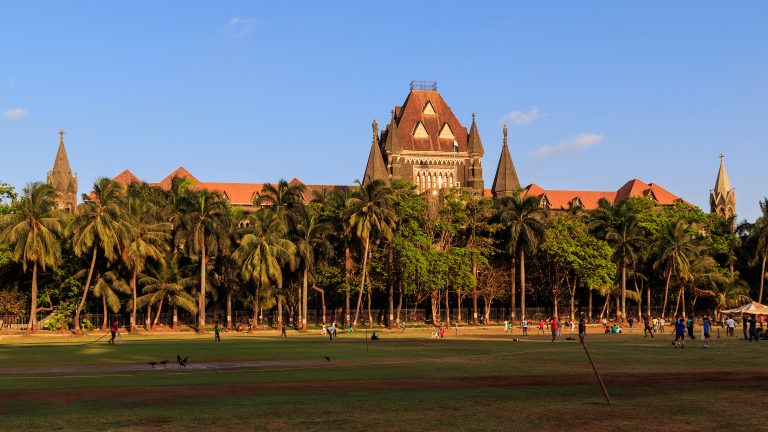Bombay High Court upheld a 2001 termination of a Hindustan Petroleum Corporation Ltd ( HPCL) workman for slapping a supervisor and said it was “startled’’ that the industrial tribunal in 2012 found it not to be serious enough to merit his sacking.
The tribunal had said the workman had “merely’’ 28 years ago, in 1996, slapped the cheek of the officer and didn’t intend nor inflict any physical injury. The Central government industrial tribunal (CGIT) said the punishment imposed on the workman had shocked its conscience. Justice Sandeep Marne held, “These findings recorded by the Presiding Officer are astounding’’ and also “shocking” and unsustainable.
The HC, however, agreeing with the contention of HPCL in its petition against the tribunal order, said, an assault on a co-employee is the “gravest form of misconduct which a workman can commit’’.
The tribunal that handles disputes between workmen and employers had said termination was extreme and disproportionate, a punishment. While restoring the workman’s job, the tribunal however had punished him by knocking off an increment.
Also read: Santosh Rai takes up new role of Head HR with L&T Precision Engineering
The workman, Mavji Rathod, abulk operator had on Juny 23, 1996 allegedly snatched a corrected invoice from a truck driver, went to his shift supervisor and slapped him across his right cheek, allegedly “without provocation.’’ The other cheek was not turned. Rathod was placed under suspension the next day and an enquiry later, dismissed from service in May 2001 by the disciplinary authority.
Both HPCL and the bulk operator challenged the CGIT order before the HC. The company challenged the reinstatement and the workman, claiming “discrimination’’ sought full back wages. The HC found no merit in his plea.
Dismissing the workman’s petition, the HC ruled. “Slapping his superior by the workman is one of the gravest forms of misconduct, which ought to be visited with penalty of termination.’’
The HC said in a In Domestic Enquiry, the “charge is not required to be proved beyond reasonable doubt.’’
The HC ruled that the CGIT “ought to have been mindful of the fact that he was dealing with the issue of proportionality of penalty imposed in disciplinary proceedings, where the purpose of imposition of penalty is to enforce discipline amongst the staff.’’ The Court said if not dealt with it can encourage similar acts by others.
Stay connected with us on social media platforms for instant updates click here to join our LinkedIn, Twitter & Facebook



































